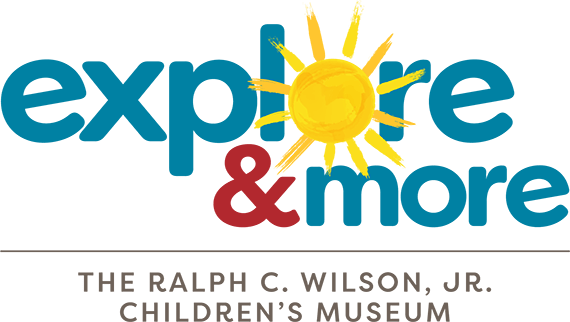Research shows 90% of brain development happens before the age of five, and one of the most important ways young children learn is through the foundational building blocks of play. PA 2018 paper in the American Academy of Pediatrics’ journal Pediatrics, “The Power of Play: A Pediatric Role in Enhancing Development in Young Children” emphasizes play’s critical role in healthy child development, for everything from problem solving, self-regulation and social skills, to foundational cognitive, language and executive function brain development.

transformative power play
Christine Wang, PhD, an associate professor at the State University of New York at Buffalo and director of the Fisher-Price Endowed Early Childhood Research Center believes in the transformative power of play to help children develop their own ideas, create their own rules, improve social and language abilities, critical thinking and motor skills.
“Play is what children do best. They make no distinction between play and learning,” says Wang. “Existing research has consistently shown the value and importance of play for children’s learning and well-being.”
A 2014 study by the Institute of Museum and Library Services showed kindergartners who visited museums showed higher achievement scores by third grade, regardless of socioeconomic status, than those who do not. By bringing accessible play experiences to Buffalo, Explore & More is working to help improve school readiness for all children.
“As an educator, I have seen firsthand the importance of playful learning for the promotion of healthy child development,” Explore & More CEO Michelle Urbanczyk said. “Our new museum was thoughtfully designed by experts to engage children by encouraging them to decide what interests them, to introduce new objects, words and concepts for them to explore. Lessons learned through interests they develop on their own have far greater impact and depth than a lecture.”
Shelley Kimelberg, PhD is the director of the University at Buffalo’s Social Sciences Interdisciplinary Degree Program. She is a sociologist whose research focuses on education, inequality, and urban communities.
“We all know that children’s museums are fun places for kids. What we don’t emphasize enough, however, is the important role they serve in our community as centers for educational and social opportunity,” said Kimelberg. “Early exposure to enrichment activities outside of the home contributes to critical brain development and improves school readiness and performance.”
